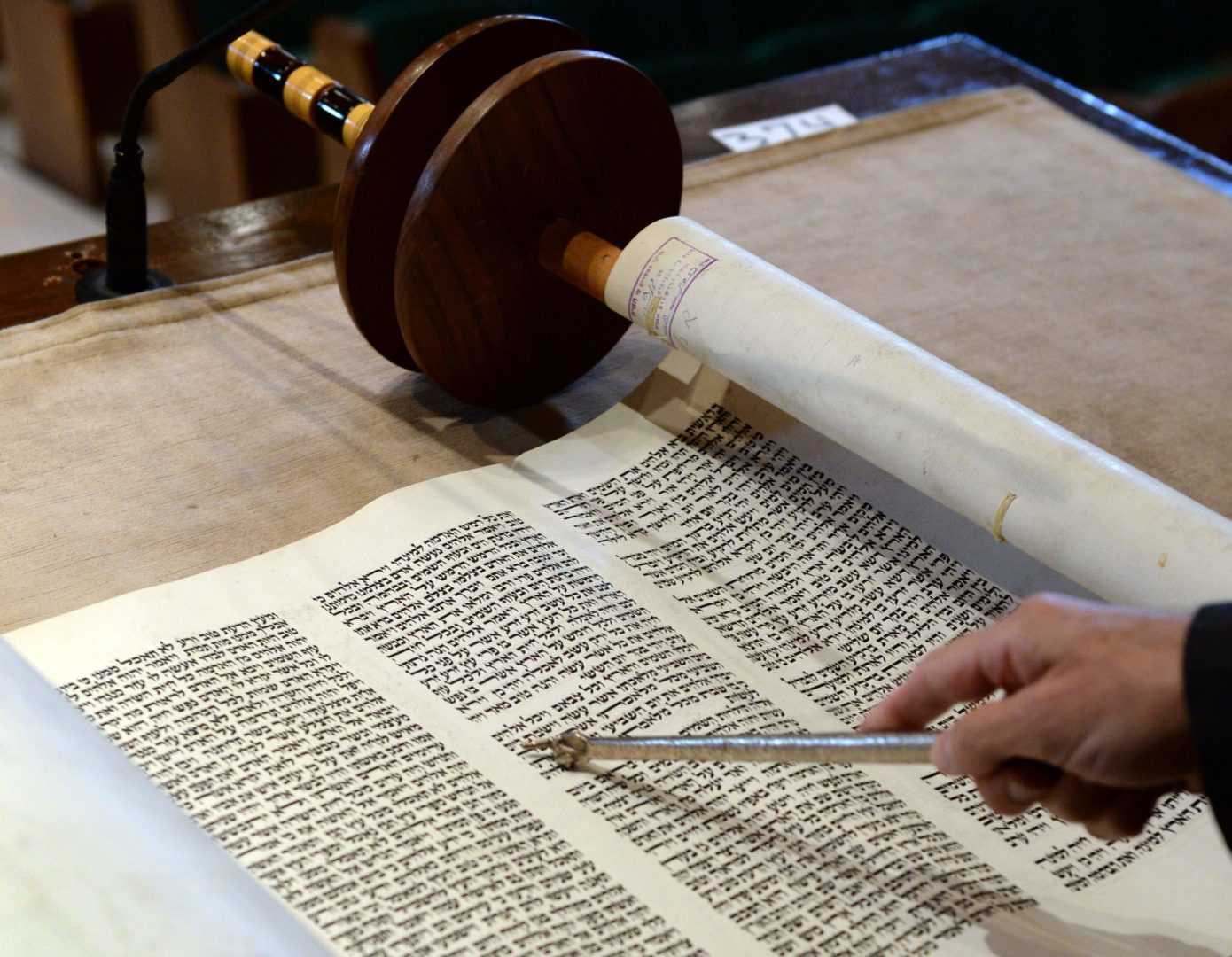In our era of media sensationalism very few things get more coverage than scandalous conduct by men of the cloth. Unfortunately, over the past few years individuals with the title “Rabbi” have made their way into the headlines for a whole list of vices. Although the recent accounts are quite unseemly for a member of the clergy, rabbinic moral weaknesses is unfortunately nothing new.
Among the more fascinating Jewish personalities to emerge from the Renaissance was a rabbi by the name of Leon De Modena of Venice (1571–1648). At the age of 13, he was recognized as a prodigy, after penning a poem entitled Kina Sh’mor that made sense whether it was read in Italian or in Hebrew.
Despite his great talents, Rabbi Modena struggled to find a steady source of income. Over the years, he found employment as a Hebrew and rabbinics teacher, a proofreader and author of Hebrew tombstone epitaphs. In one of his works, he listed 26 occupations to which he resorted from time to time. Today, he is known among scholars of the Kabbalah for a work titled Ari Nohem, in which he asserted that the “Bible of the Kabbalists,” the Zohar, a text attributed to the second-century Rabbi Shimon Bar Yochai, was actually the work of a 13th-century Spanish rabbi and Kabbalist named Moses de León.
Despite all of his talent, scholarship and knowledge, Rabbi Modena had a weakness: he had an addiction to games of chance. It seems that his first taste of the game came on Chanukah, when many spend their leisure time wagering on the four-sided spinning top known as the dreidl, and on cards. Rabbi Modena himself reported that “During Chanukah [1598] Satan duped me into playing games of chance, and by the following Shavuot [May 30-31, 1599], I lost more than 300 ducats.”
Although his weakness was well known, he was respected by the majority of the community. Some scholars, however, were unhappy with him for his views and behaviour. A specific rabbi attempted to ridicule Rabbi Modena’s scholarship by stating that “Modena has made more money in gambling than by selling his works.” Rabbi Modena responded to the charge by noting that “unfortunately the truth is I have lost a lot in the gambling while my books have brought in a profit.”
Years ago, I would participate at times in a service called the “Yom Kippur Katan” – the “Minor Yom Kippur.” This service, which is performed the day before Rosh Chodesh, the “New Moon,” includes penitential poems and prayers, and by some is treated as day of fasting, repentance and supplication with resemblance to the day of Yom Kippur. The custom originated among the Safed Kabbalists in the 16th century.
In one of the poems, we confess to the fact that on a daily basis we are guilty of “Leaving the school and following the money.” The most basic understanding of the statement relates to the fact that humans are more interested in physical pleasures attained through money, than in learning and growing spiritually achieved in a school.
However, after noticing that the author of this well-known poem is none other than Rabbi Leon De Modena, I wonder if perhaps the “following the money” that is being confessed is something far more complex.
Rabbi Yirmiya Milevsky is spiritual director of Congregation B’nai Torah in Toronto.
